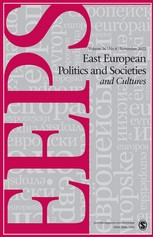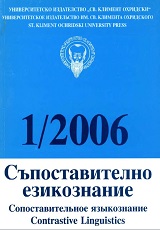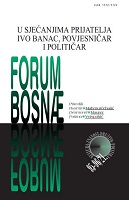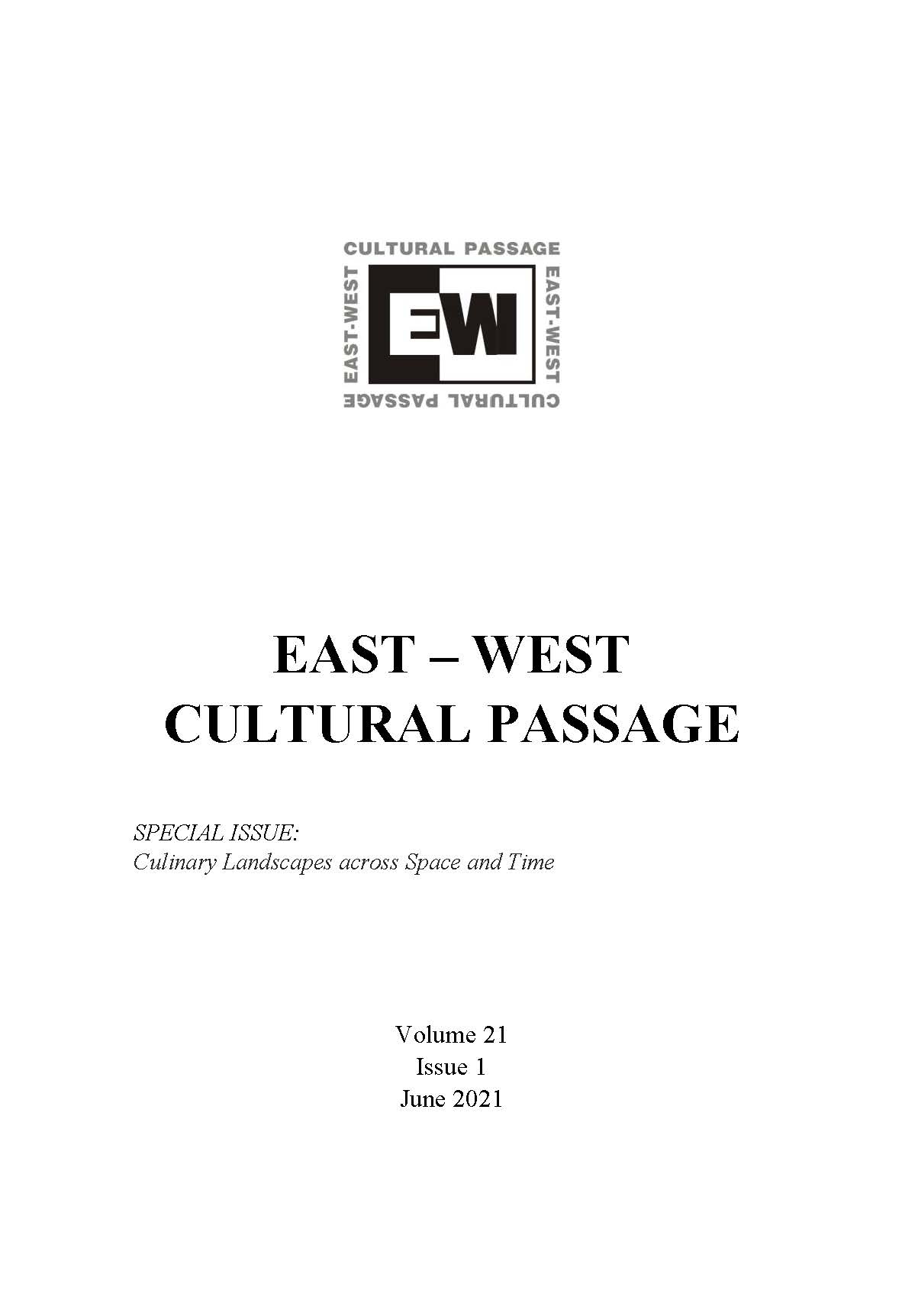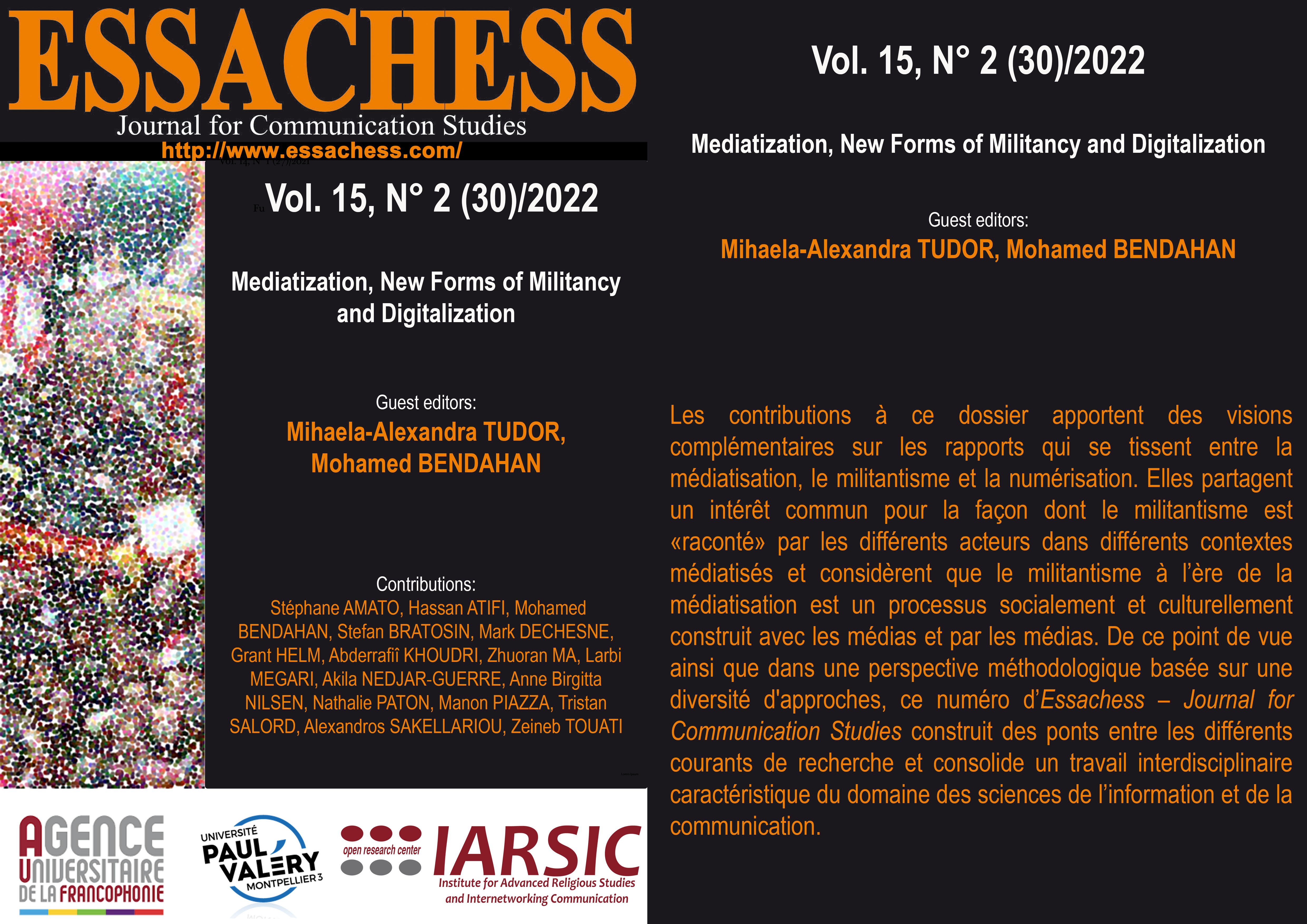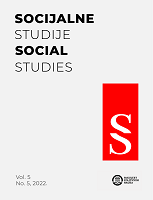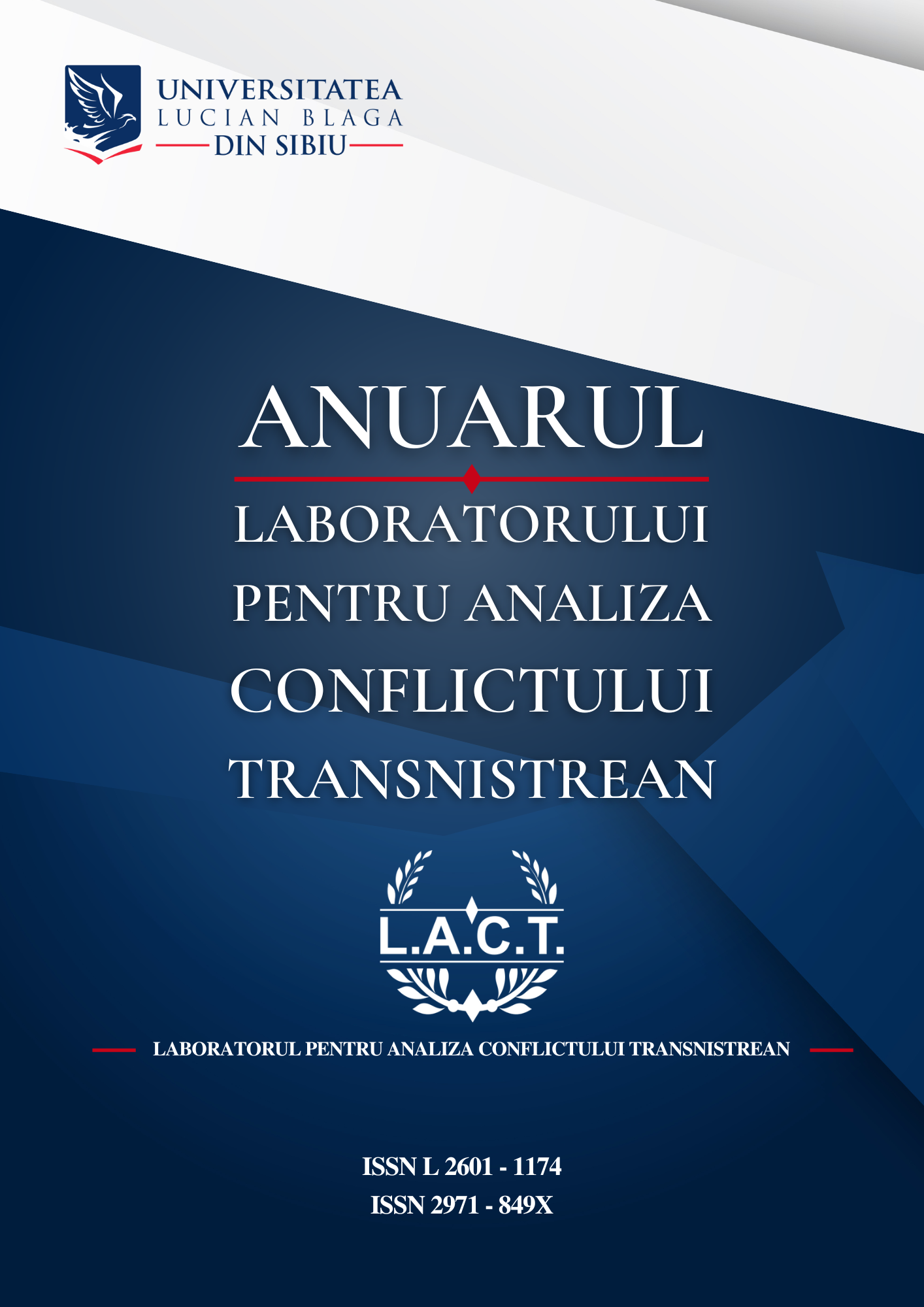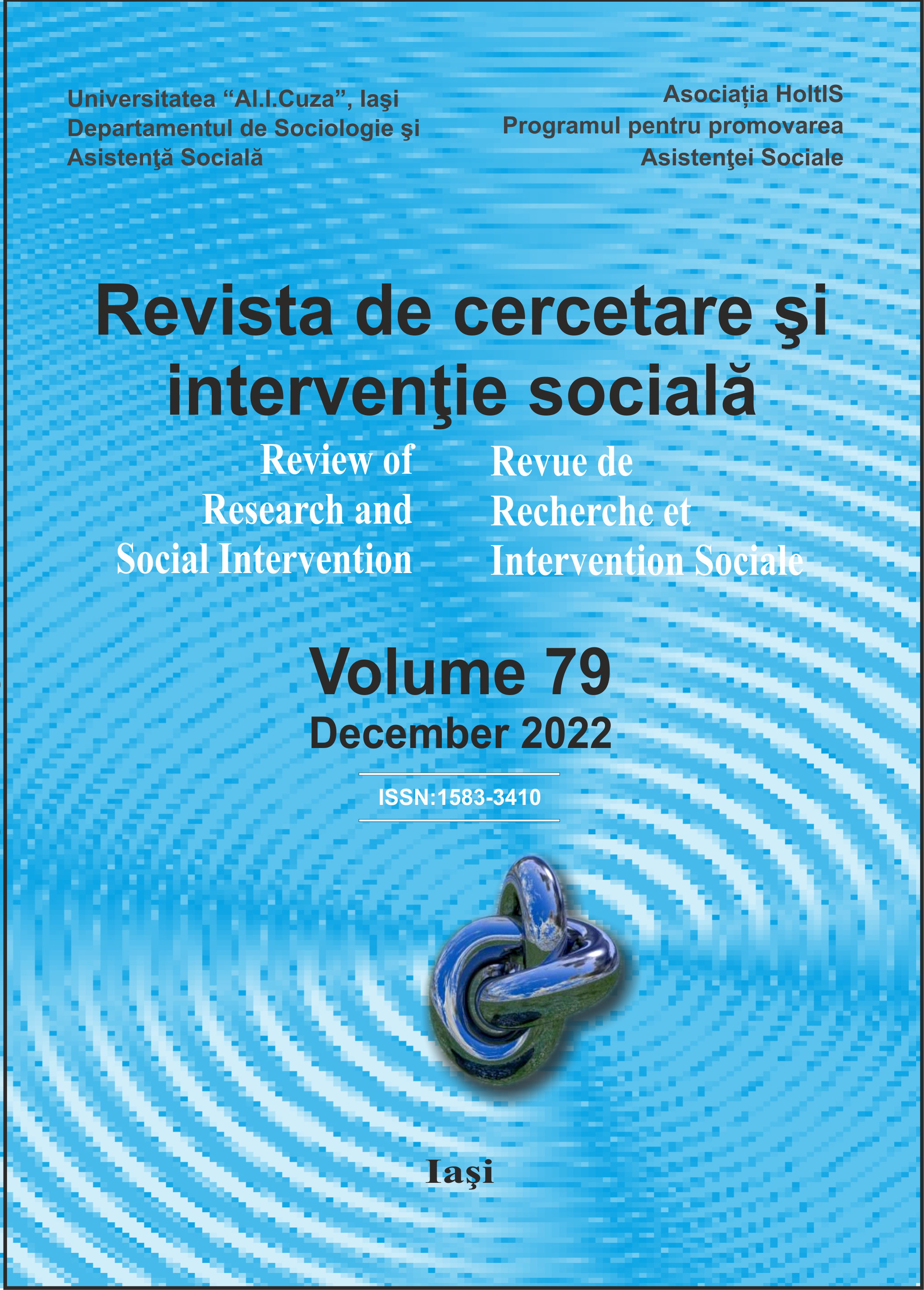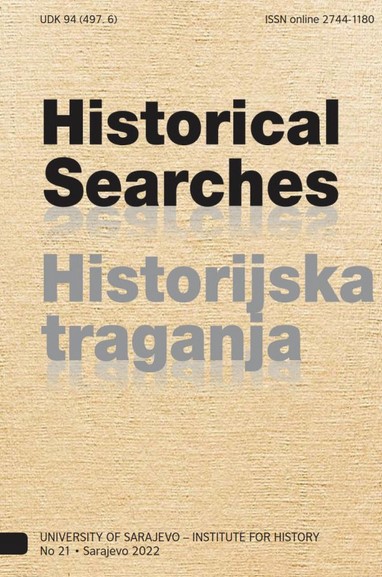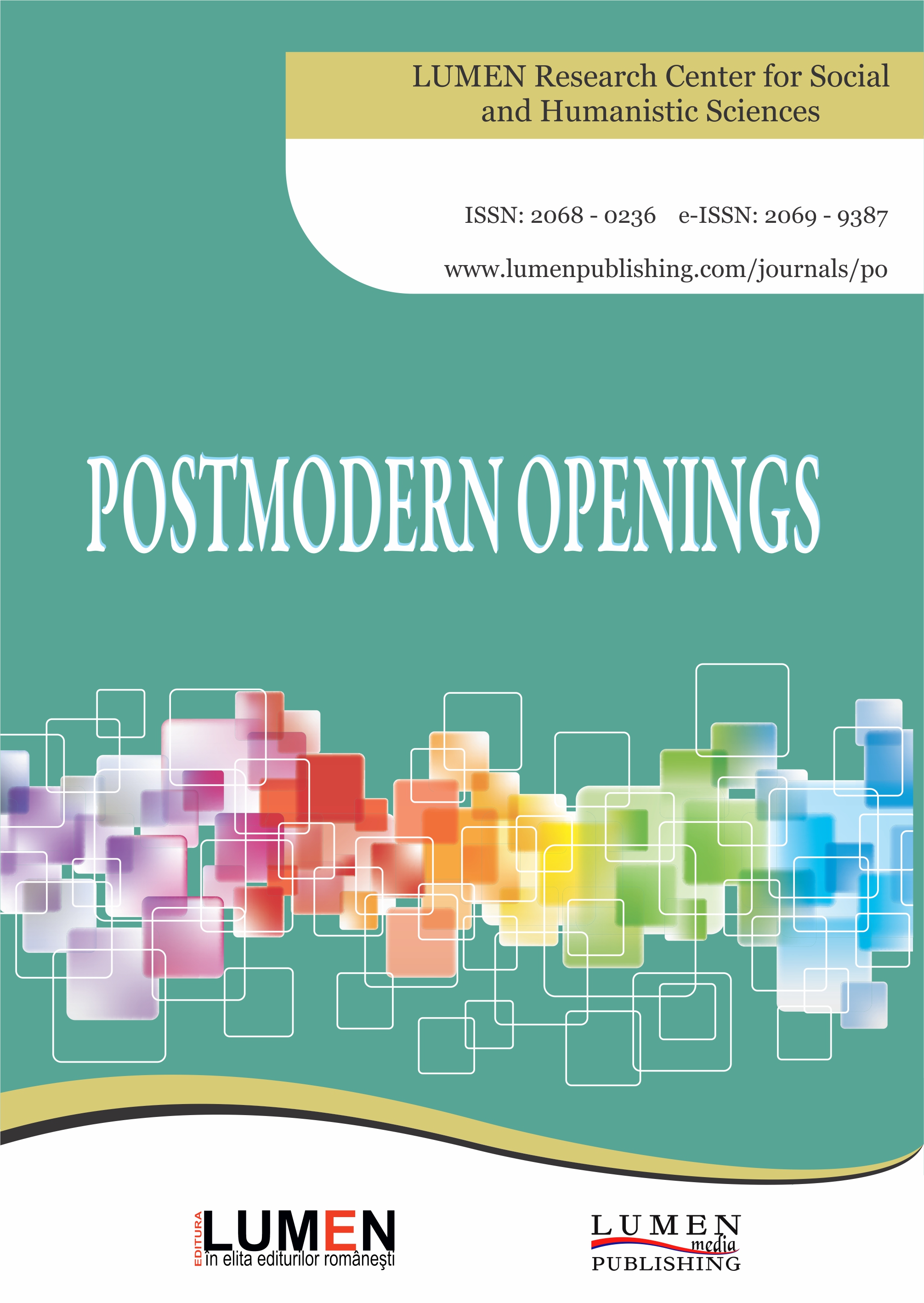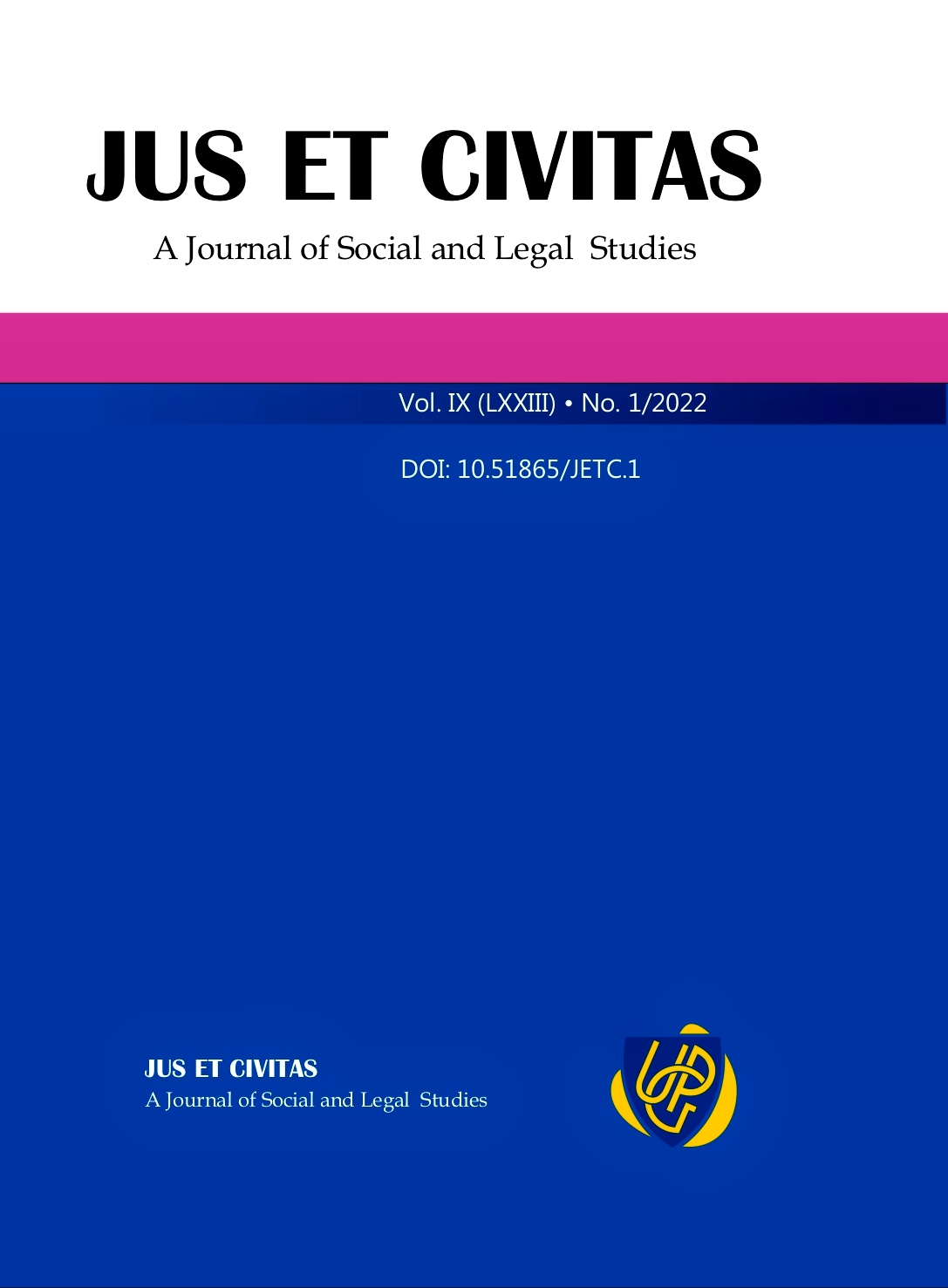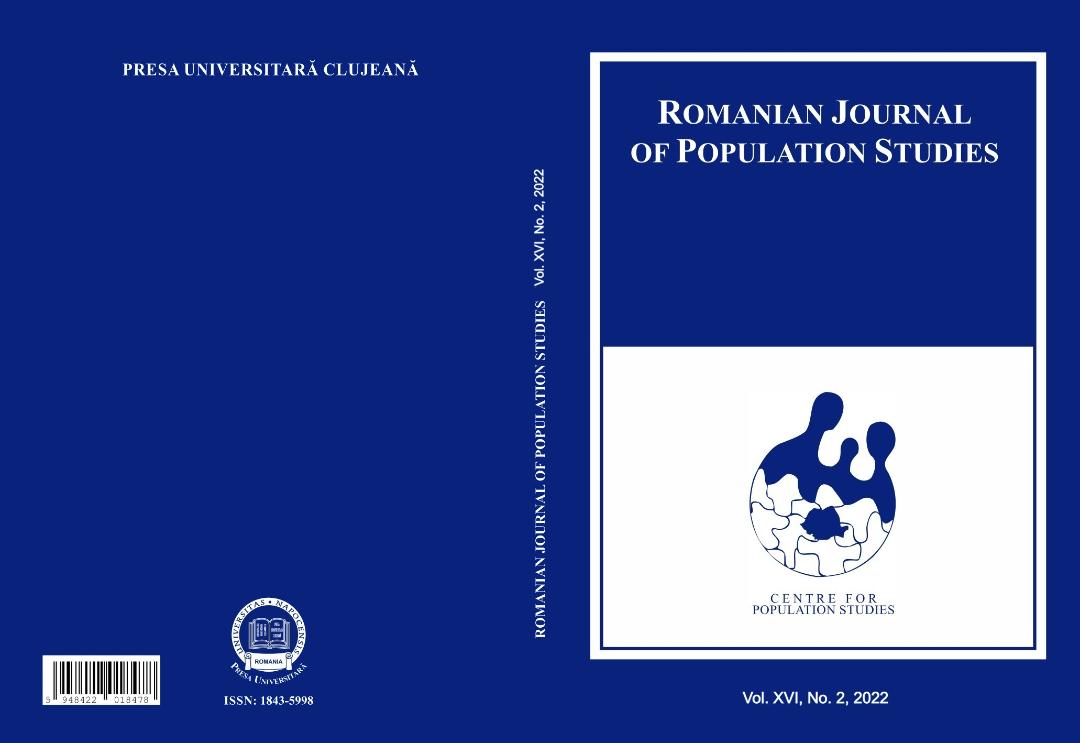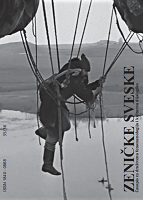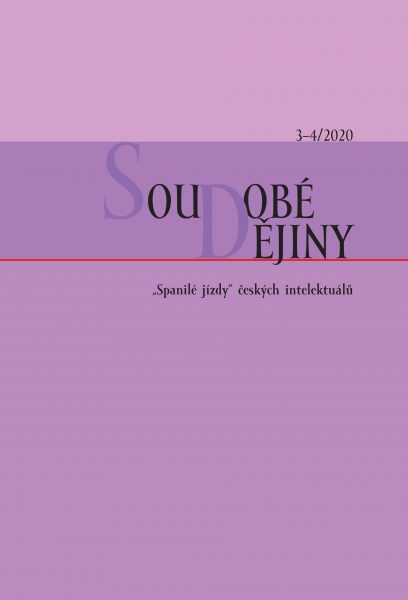
Ženský pohled za oponu disentu
In the reviewer’s opinion, Marcela Linková and Naďa Straková, the editors of the publication titled "Revolution begins at home: The women of the Czech dissent" (Prague: Academia and Sociologický ústav AV ČR, v. v. i., 2017), offer, through interviews with twenty-one women of the Charter 77, an unconventional look behind the well-known image of the dissident initiative which was, through the substance of what it was doing, i.e. struggle for the observance of human and civil rights in Communist Czechoslovakia in the 1970s and 1980s, linked to what is known as Big History, and therefore perceived as a domain of men by most people. The collection of stories of female dissidents disproves the simple dichotomy of the public “male” and “female” spheres, as homes of dissidents were places where personal and private matters merged with the public and political ones, and shows the irreplaceable role of these women in the operation of the “world of dissent”. The final interpretation study makes a substantial contribution to the comprehensive nature of this treatise on activities of women within the Charter 77 initiative and on the Czechoslovak dissent in general. The reviewer examines the interviews in greater detail; in her opinion, the absence of any methodological guidance that would indicate how the interviews were conducted and edited is a serious shortcoming of the publication.
More...
